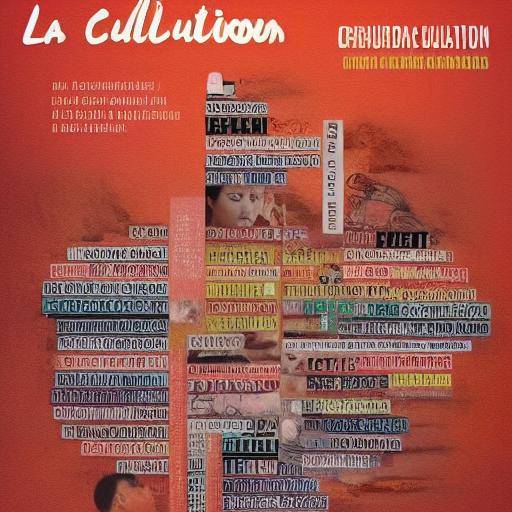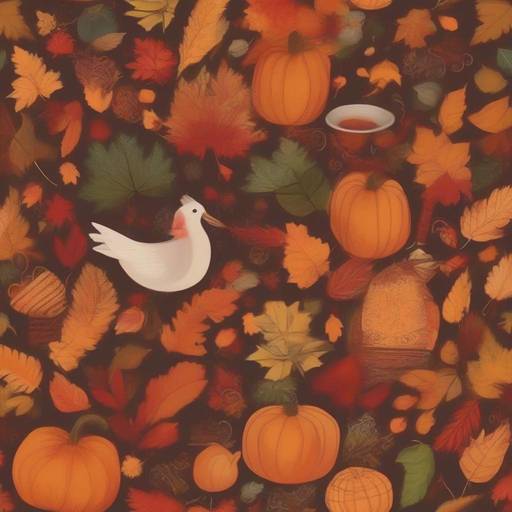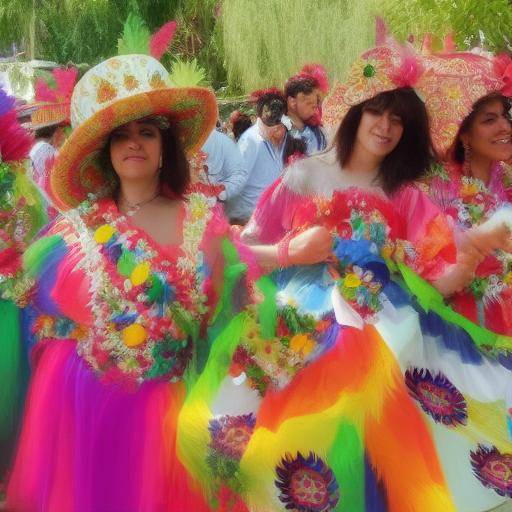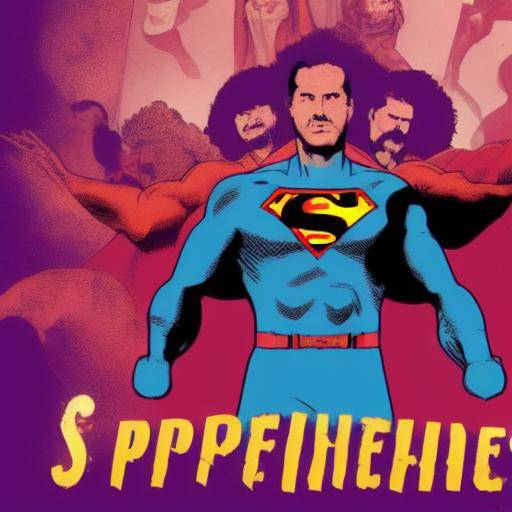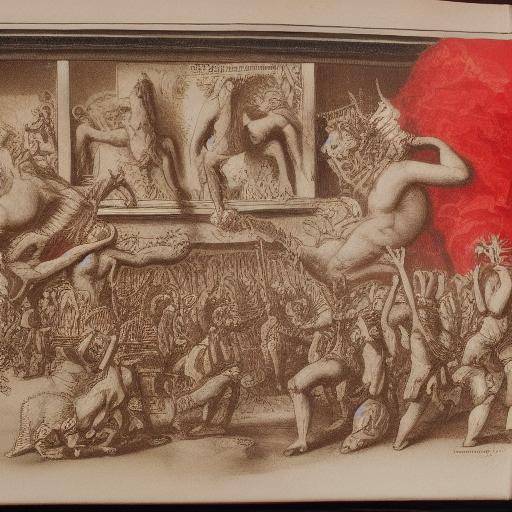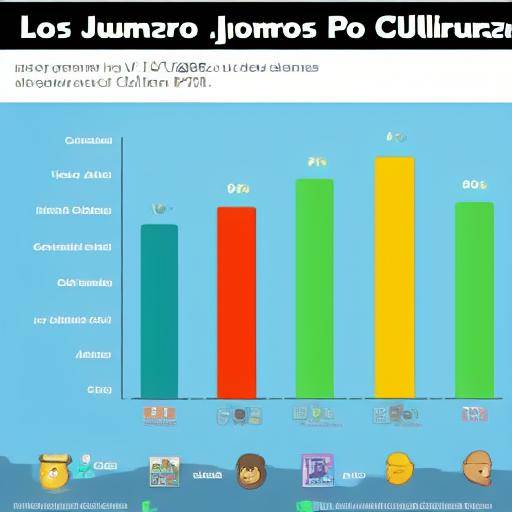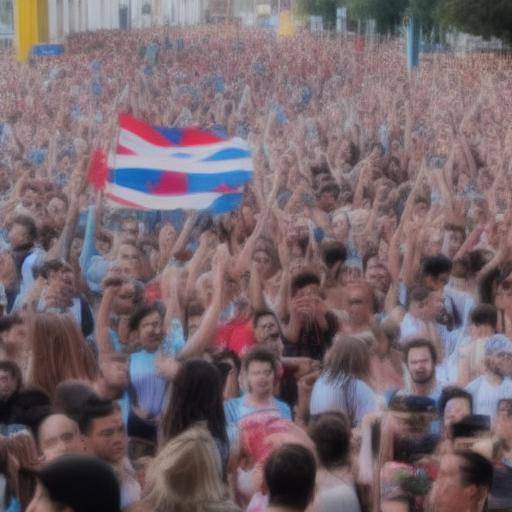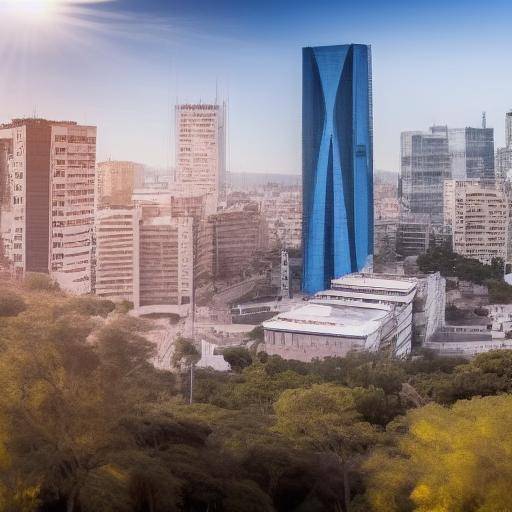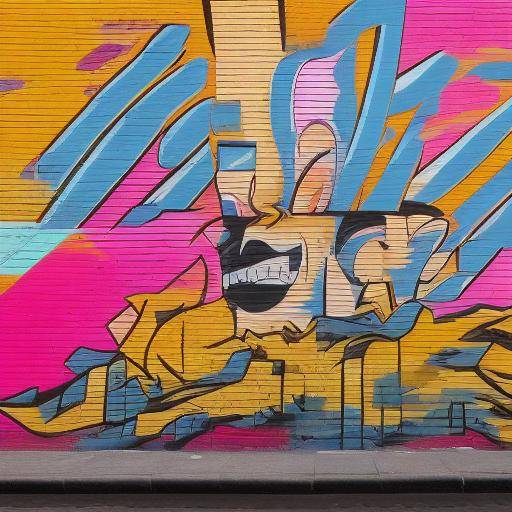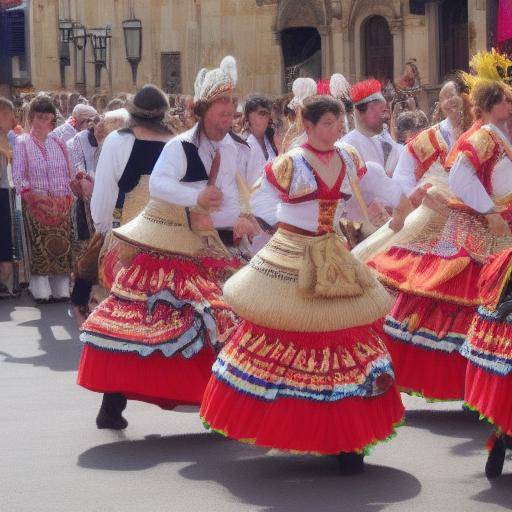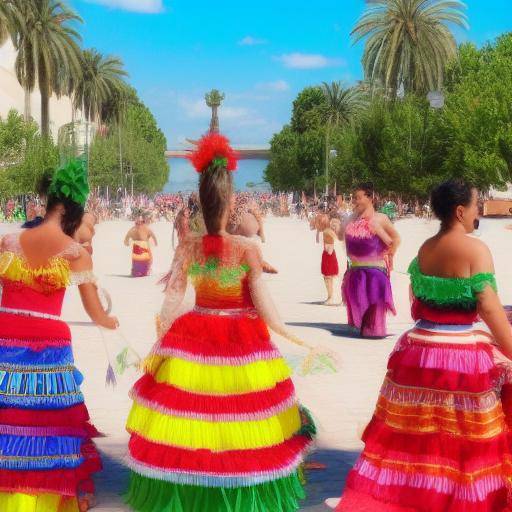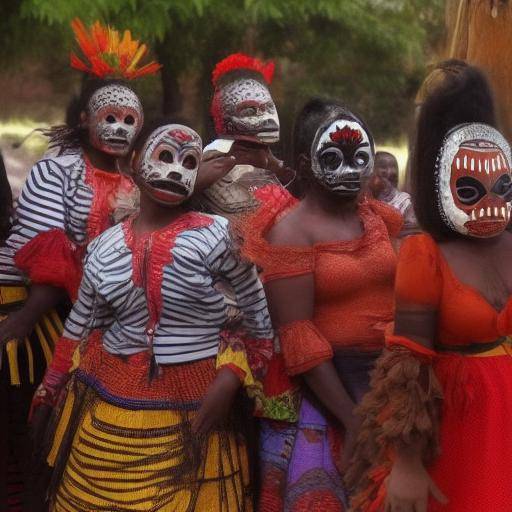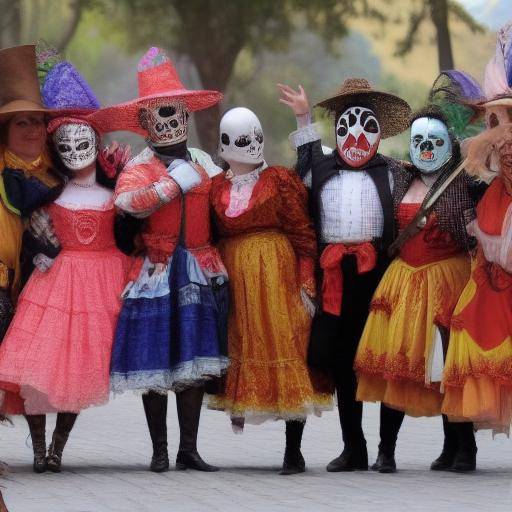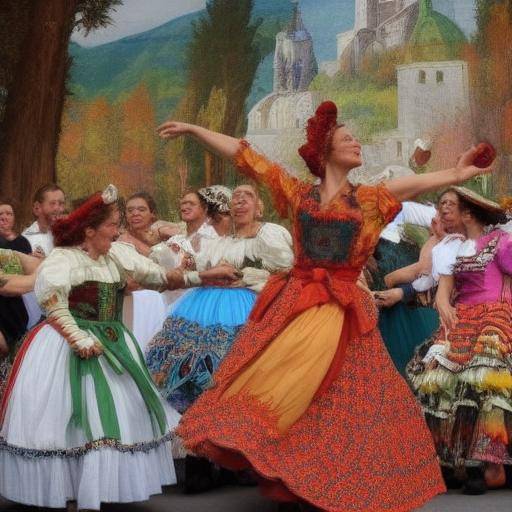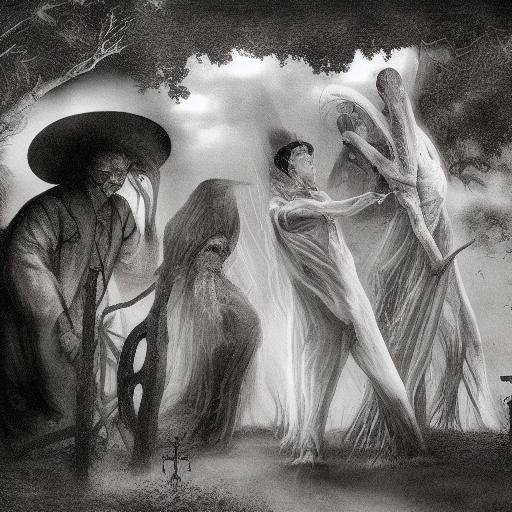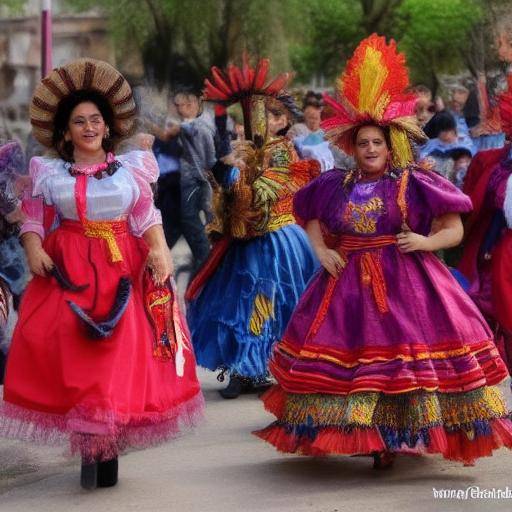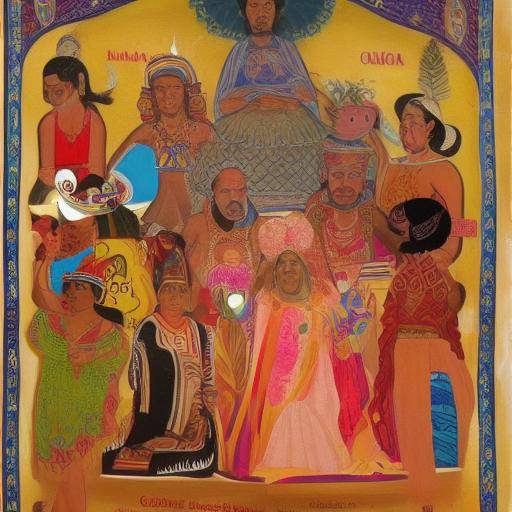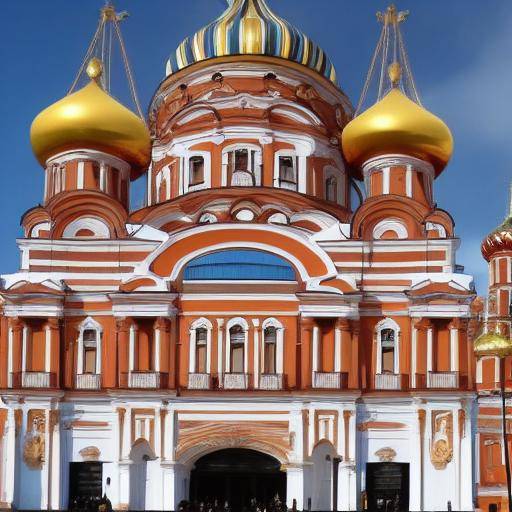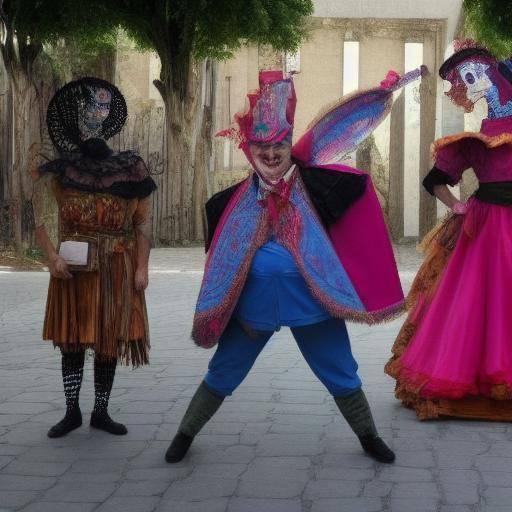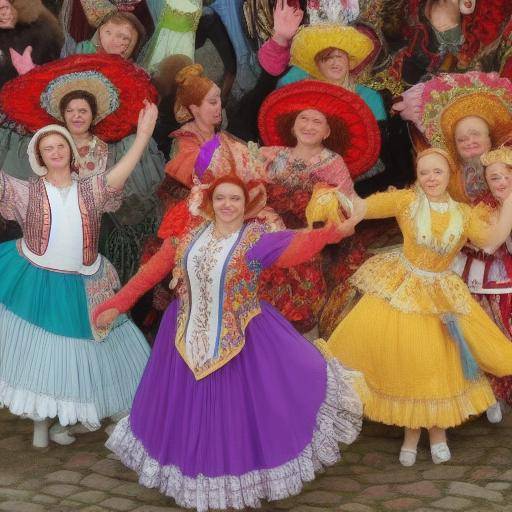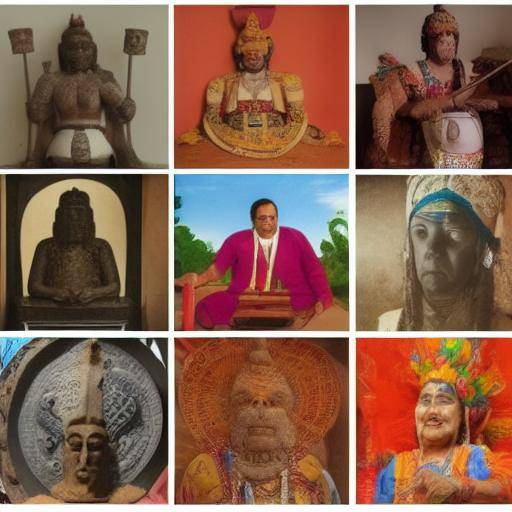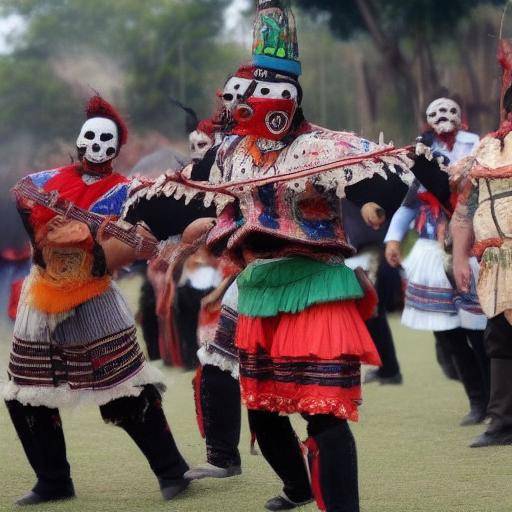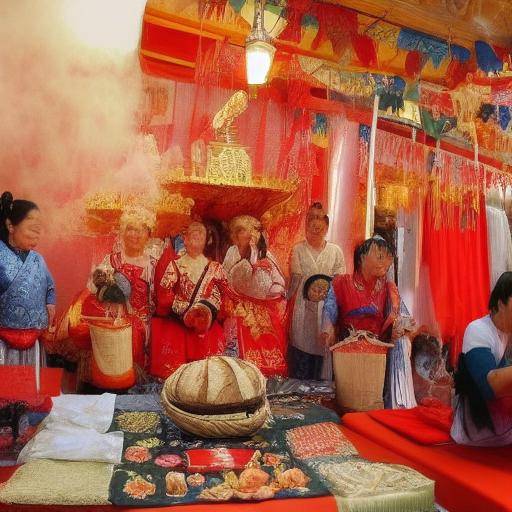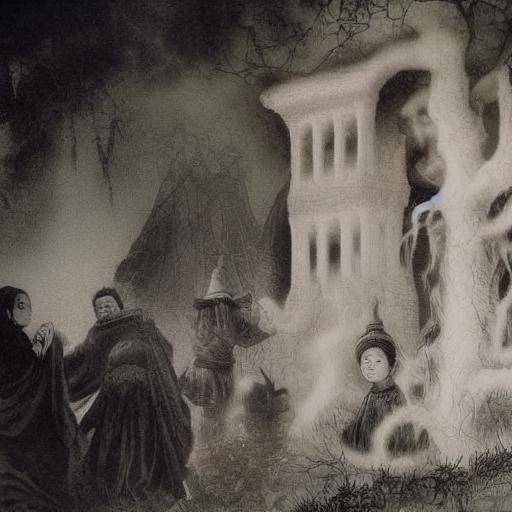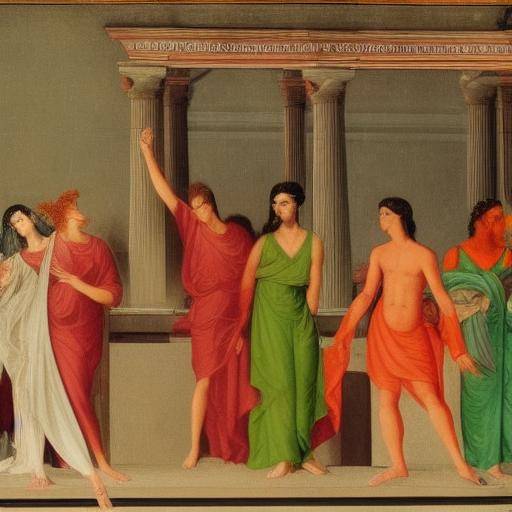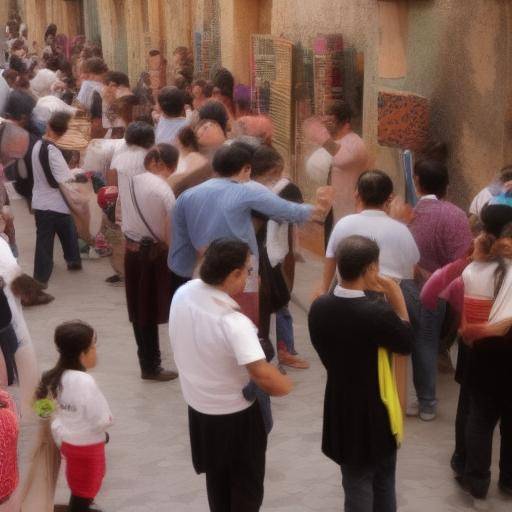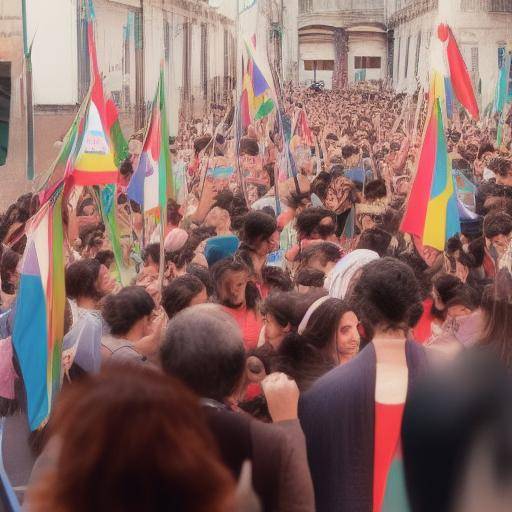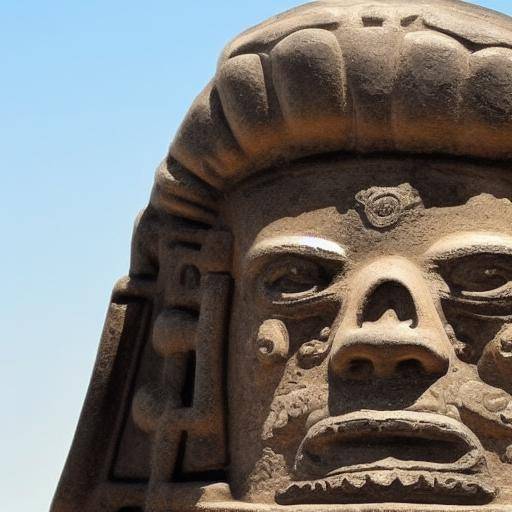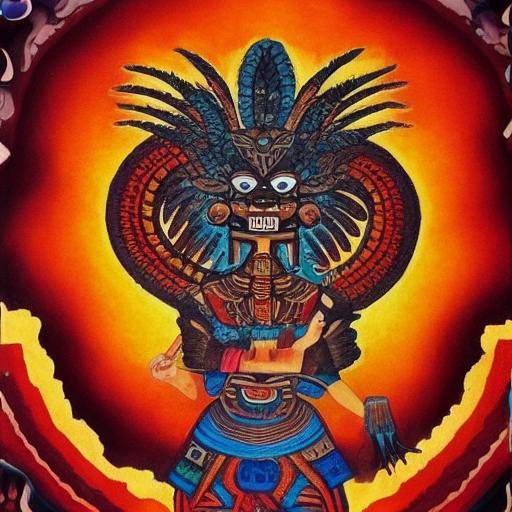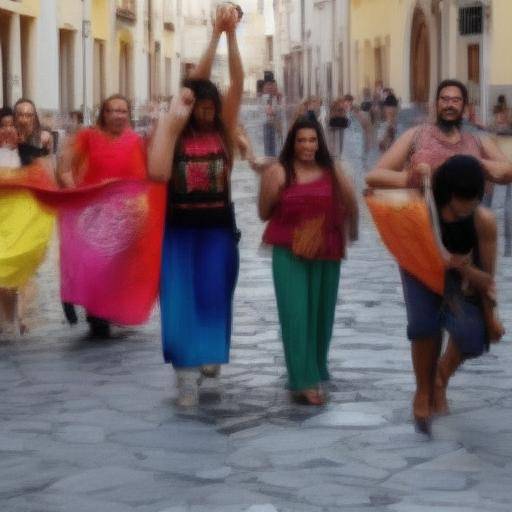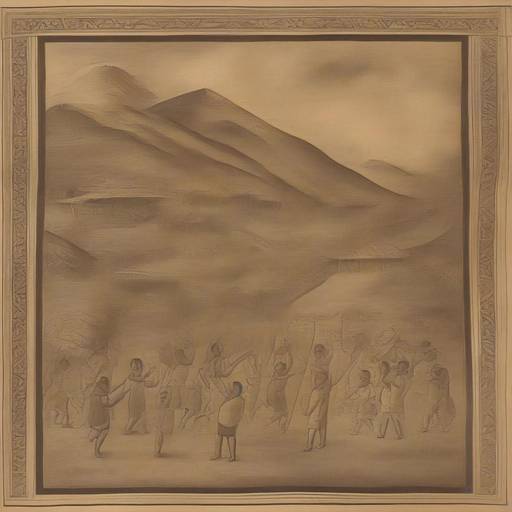
Maize has been a fundamental part of pre-Columbian culture in Latin America. From its importance in food to its presence in myths and traditions, corn has played a crucial role in the lives of ancient civilizations. In this article, we will thoroughly explore the relevance of corn, associated pre-Columbian myths and their impact on culture, providing a complete and detailed view of their influence in pre-Columbian societies. In addition, we will address the importance of these concepts from a contemporary perspective, highlighting their continued relevance in today's society. Join us on this journey to discover the fascinating world of corn in pre-Columbian culture!
History and Background
The corn, scientifically known as Zea mays, it's a cultivation from America. Its history dates back thousands of years, where pre-Columbian civilizations such as Mayas, Aztecs and Incas recognized their value in both diet and cosmovision. In the development of agriculture, corn played a crucial role, allowing these civilizations to settle and thrive.
The corn, from the teocintle, was cultivated and modified selectively by the former inhabitants of Mesoamerica. Archaeological studies show the presence of corn in funeral rituals, symbolizing its link with life and death in the worldview of these cultures. Likewise, pre-Columbian mythology is impregnated with references to corn as a divine element, giving it a sacred and spiritual status.
Pre-Columbian myths
Pre-Columbian myths related to corn reflect the profound importance of this cultivation in the daily and spiritual life of these civilizations. Through his myths and legends, corn was interwoven with the creation of the human being and the connection with the gods. For example, among the Aztecs, the legend is that the gods sacrificed one of them to create corn, thus giving a vital food to humanity.
These mythological narratives reaffirmed the relevance of corn as a divine gift and a bra of life itself. The corn not only nourished the body, but also nourished the spirit and beliefs of these cultures, consolidating its importance in the social and religious structure.
The Maize in Culture
The presence of corn became a pillar of pre-Columbian culture, permeating gastronomy, art, music, and festive celebrations. From the elaboration of tortillas to the artistic representation in ceramics and cave paintings, corn was integrated into the daily and ceremonial life of these communities.
The corn was also associated with the concept of abundance and sustenance, being the symbol of fertility and prosperity. This relationship was manifested in the celebration of festivities dedicated to honoring corn and nature, which still remain in some regions of Latin America.
News
Despite the evolution of societies and technological advancement, corn remains an essential component in the diet of many Latin American countries. Moreover, its cultural and symbolic importance transcends generations, maintaining its relevance in the identity of indigenous communities and in traditional gastronomy.
Pre-Columbian myths associated with maize are crucial to understanding the cultural wealth of these civilizations and their influence in today's society. Respect and appreciation for this ancestral heritage contribute to the valuation and conservation of indigenous traditions, enriching the cultural diversity of Latin America. In an increasingly globalized world, understanding and respecting these roots is fundamental to promoting inclusion and cultural understanding.
Set this article. We hope that you have enjoyed this journey through the role of corn in pre-Columbian culture and that you have acquired a deeper understanding of its historical, mythological and cultural significance.
Do not hesitate to share this article with those who also appreciate the wealth of pre-Columbian history and traditions. Until the next adventure!
Frequently asked questions
1. What is the meaning of corn in pre-Columbian culture?
Maize had a vital meaning in pre-Columbian culture. It was considered a divine gift, symbol of fertility and sustenance, and was intrinsically linked to the worldview and mythology of these civilizations.
2. What pre-Columbian myths are associated with corn?
There are several pre-Columbian myths related to corn, such as Aztec legend on the creation of corn through a divine sacrifice. These mythological narratives emphasized the spiritual and cultural importance of corn.
3. How is the importance of corn reflected in pre-Columbian holidays?
The corn was central in the pre-Columbian holidays, where its role was celebrated in both food and spirituality. These festivities honored corn and its connection to nature, showing its cultural relevance.
4. Why is it important to preserve pre-Columbian myths related to corn?
Pre-Columbian myths related to corn are crucial to understanding the history and traditions of pre-Columbian civilizations, as well as to value and respect the cultural diversity of Latin America.
5. How has pre-Columbian corn influenced current gastronomy?
Pre-Columbian corn has left a significant footprint in Latin America's current gastronomy, where it is used in a wide variety of traditional dishes and represents an essential part of the culinary identity of the region.
6. What is the contemporary relevance of corn in Latin American culture?
Maize remains a fundamental component in the diet and cultural identity of many Latin American countries, maintaining its importance in the gastronomy, traditions and worldview of indigenous communities.
Each of these frequent questions addresses significant aspects of corn in pre-Columbian culture and offers a more complete understanding of its historical and cultural significance.
I hope this article has provided an enriching view on the role of corn in pre-Columbian culture, associated myths and its continued influence in contemporary society.

